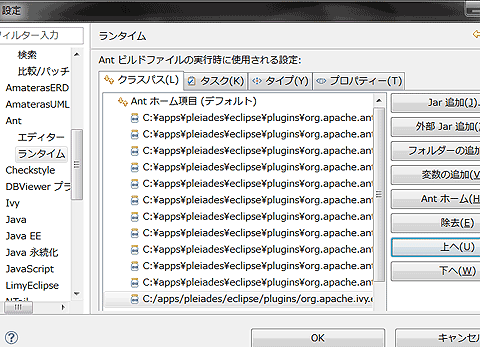


Reading the documentation, I found that I need to use the Mockito-all jar file, instead of the Mockito-core jar file, but the Mockito-all release has been discontinued since v2.
#HOW TO INSTALL MAVEN JAR IN ECLIPSE HOW TO#
But since I am not using Maven or Gradle, I do not know how to include the Mockito jar files in my Eclipse project. I realized that I needed to use a mocking framework, and I did some research and chose Mockito. You do this with a Maven command on the command line. 2) Now you need to install the external jar into the local directory ('libs' in this case). For instance, I created a directory 'libs' in the same folder as my POM file is in. I implemented it, and am in the process of making JUnit tests for it. 1) In your project directory, create a folder to hold your external jars. It is so simple to create a maven project for Hadoop. Moreover, it only provides the Old API for MapReduce. This plugin strongly depends on your environment (eclipse, ant, jdk) and hadoop distribution and version. I am sure I am not the only one who ever struggled with Hadoop eclipse plugin installation. To search for the Maven plug-in, type m2eclipse or m2e-wtp in the Find text box and hit Enter (or switch to Popular tab), you will see Maven Integration for Eclipse WTP (Juno)in the search result as follows: Click Install button on the right. Setup Maven project for MapReduce in 5mn. I am making a small java library to parse URI parameters. In Eclipse IDE, click Help > Eclipse Marketplace to open up the Eclipse Marketplace dialog.


 0 kommentar(er)
0 kommentar(er)
